Let's Get Accessible
- Emma Godwin
Let’s Get Accessible: Disabled students’ experiences navigating the tertiary education system is a collaborative project between the Ministry of Education, National Disabled Students Association, Tertiary Education Commission, and the New Zealand Qualifications Authority. The project gathered qualitative data on the lived experiences of disabled students in tertiary education.
Author(s): Jessica Smith
Date Published: February 2024
Updated: May 2024
Summary
Purpose
Let’s Get Accessible is a collaborative research project between the National Disabled Students’ Association (NDSA), the Ministry of Education (the Ministry), the Tertiary Education Commission (TEC), and the New Zealand Qualifications Authority (NZQA). The report highlights the lived experiences of disabled students and includes stories about the difficulties faced by disabled tertiary students in accessing tertiary education and services, and their experiences of social exclusion while studying.
Method
Data Collection
The findings in this report are based on responses from disabled students gathered through an online survey that was open from July to August 2023 and seven focus groups held both online and in person over September 2023.
There was a total of 235 respondents to the survey and 10 participants in the focus groups. Of the participants that responded to the survey, an overwhelming majority identified as Pakeha/European, making up 70 percent of survey respondents. The second largest ethnic group identified as Māori, making up 12 percent of respondents. Over half of respondents (63 percent) identified as female and 66 percent were studying at university.
The data was divided into four different categories: accessibility, consistency and reliability, social inclusivity and the wider student experience, and student advocacy.
Limitations
Limitations for this research included that the survey and focus groups were not based on a random sample of disabled students, nor were they designed to be representative of all disabled students. Our sample size was limited as the focus groups were only attended by disabled students who were available, physically able, interested and had the time and energy to engage, which led to a low turnout.
Key findings
Accessibility
Accessing support can be difficult due to physical barriers, financial pressures, under-resourcing, and lack of diagnoses. Participants in the survey and focus groups also identified self-disclosure to be a major barrier to accessing support from disability services and teaching staff.
Self-disclosure in this context is a process of communication where students are made to reveal information about themselves and their disability in order to receive support.
If more disabled students could access consistent support through their providers, their experiences would improve, and it is likely more disabled students would continue in study and complete more of their courses.
The barriers to support are the willingness, capability, and capacity of providers to implement theseThe solutions.
Consistency
Levels of support were reported to be inconsistent, especially between disability services and teaching staff, which is creating barriers to the participation and success of disabled students in tertiary education.
Teaching staff were reported to have dismissed support plans set out by disability services and require disabled students to disclose personal information about themselves again to access support from them.
Some staff and tertiary providers are not providing adequate resources and support for disabled students while also not being sufficiently trained in disability issues.
Social inclusivity and the wider student experience
Barriers such as ableism, inaccessible events, and lack of trainings on disability contribute to some disabled students being socially excluded. Many social events were reported to be exclusionary and inaccessible by disabled students.
Most participants highlighted that student events are often inaccessible to disabled students and not enough access information is provided about events for disabled students to feel safe attending.
There were also experiences of negative stereotypes and beliefs being pushed on disabled students which left them in situations where they had to prove their disability.
Student Advocacy
Power dynamics between disabled students, teaching staff, and providers can make advocacy unsafe, unsupportive, or ineffective.
There are few systems and processes in place to support disabled students to advocate for themselves so that they feel protected in the tertiary education system.
Limited consultation with disabled students by providers and poor knowledge and application of The Education (Pastoral Care of Tertiary and International Learners) Code of Practice 2021(The Code) leads to negative experiences and little improvement in areas which would make a difference to disabled students.
Further research opportunities
This project has strengthened the information available on disabled students’ experiences of tertiary education. There are areas where further research would be valued including exploring the experiences of disabled students who have left tertiary education or were unable to enroll, disabled students enrolled in other providers within tertiary education such as Wānanga, and disabled students with chronic illnesses or rare diseases. Examining the intersections between ethnicity and disability could also provide useful insights for future policy development.
Further Information
If you have queries about this report, please email enquiries.national@education.govt.nz with the subject line ‘Let’s Get Accessible Report’ or free call (NZ only) 0800 4711 711 between 9am and 5pm.
If you are Deaf, hard of hearing, deafblind, speech impaired or find it hard to talk, you can contact the Ministry of Education through the New Zealand Relay Service www.nzrelay.co.nz.
